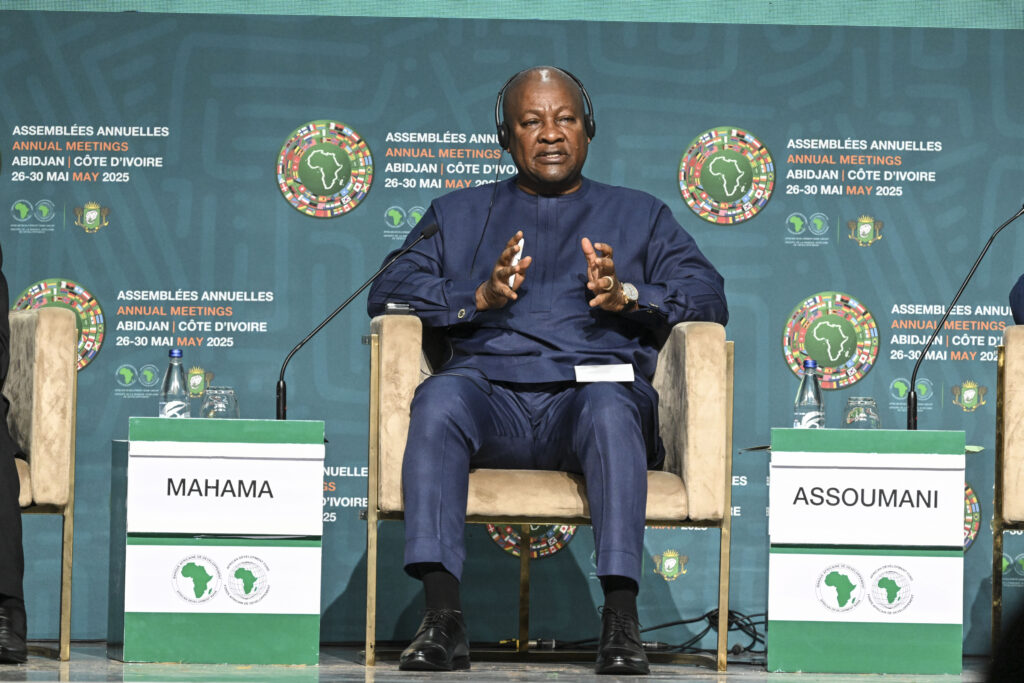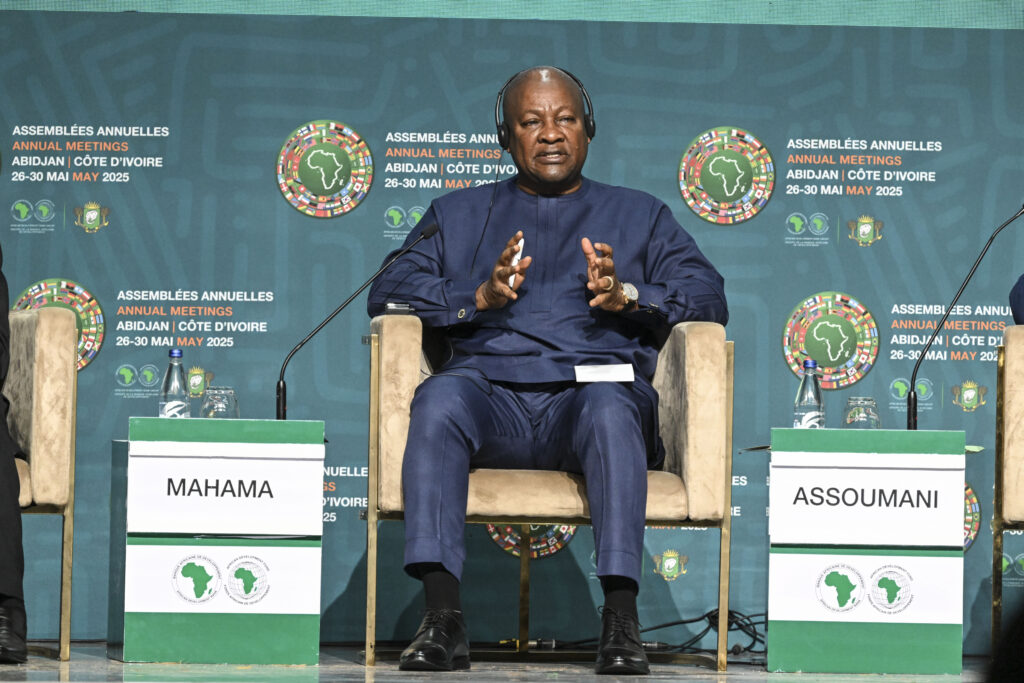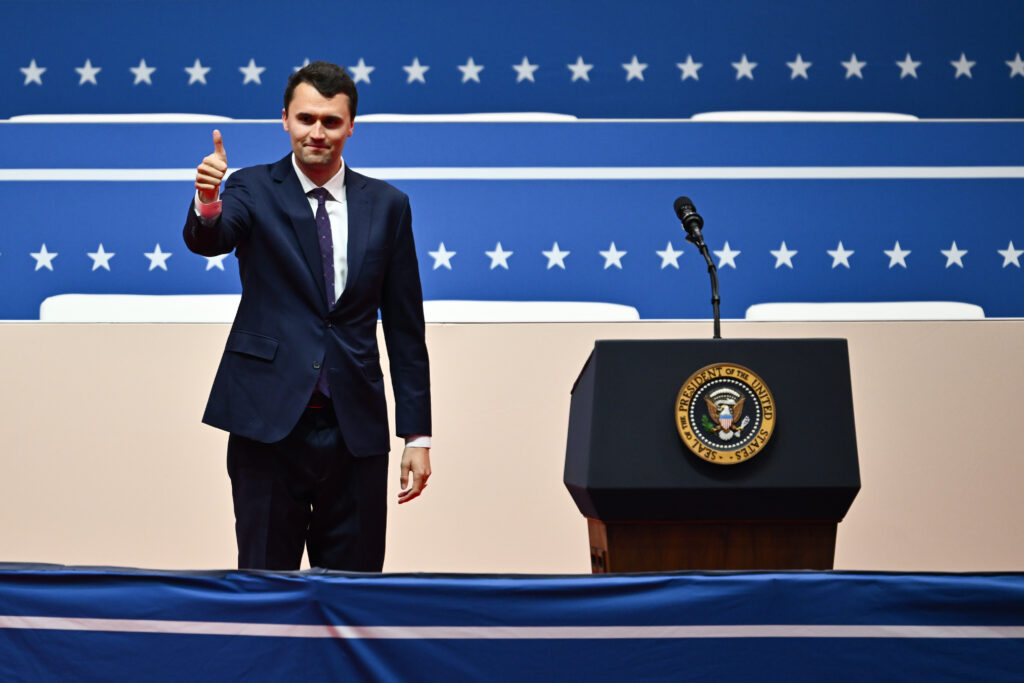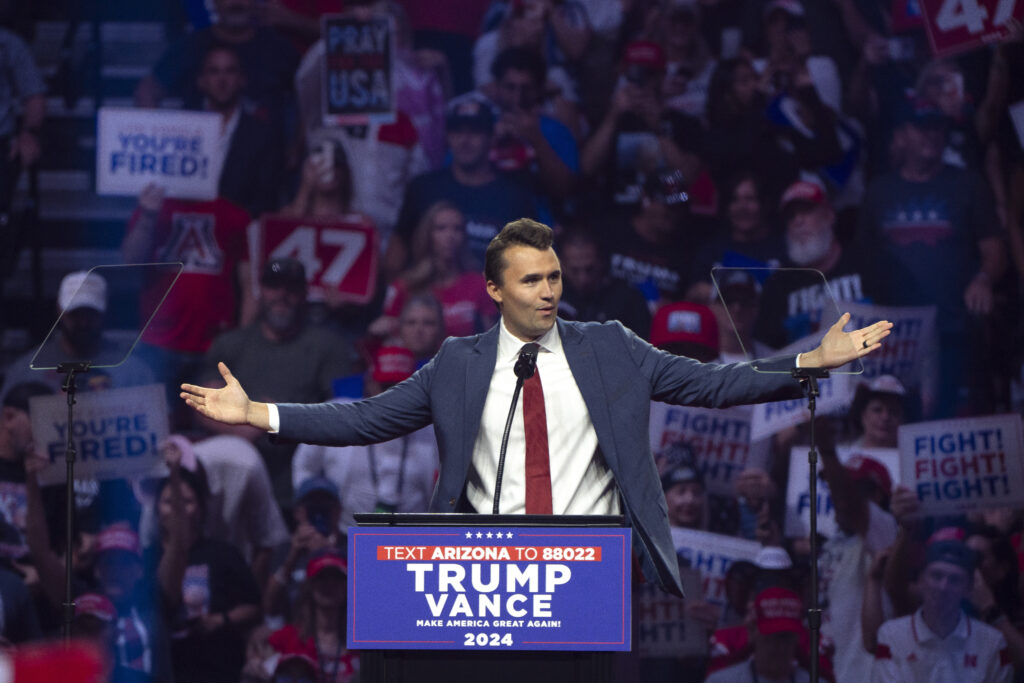Le Qatar veut que Netanyahu soit “traduit en justice” et reconsidère sa médiation
Le Premier ministre du Qatar, Mohammed ben Abdelrahmane Al-Thani, a affirmé mercredi que son homologue israélien, Benjamin Netanyahu, devait être traduit en justice après l’attaque israélienne contre des chefs du Hamas à Doha mardi, estimant que celle-ci avait “tué tout espoir” de libérer les otages à Gaza.M. Al-Thani a également indiqué que le Qatar “réévalue tout” concernant son rôle de médiateur dans les pourparlers – jusqu’à présent infructueux – en vue d’un cessez-le-feu dans le conflit provoqué par l’attaque du Hamas le 7-Octobre.”J’ai réfléchi à l’ensemble du processus ces dernières semaines, et je me suis dit que Netanyahu ne fait que nous faire perdre notre temps”, a-t-il déclaré selon le blog en direct de CNN, après une interview avec la chaîne américaine.L’armée de l’air israélienne a visé mardi des dirigeants du Hamas réunis dans un complexe à Doha, la capitale de ce pays pays allié des Etats-Unis et abritant régulièrement des pourparlers.”Je pense que ce qu’a fait Netanyahu hier (mardi, ndlr), c’est d’avoir tué tout espoir pour les otages”, a indiqué M. Al-Thani dans une déclaration à CNN, jugeant qu'”il doit être traduit en justice”.Cette attaque sans précédent a aussi suscité une rare réprimande du président américain Donald Trump, grand allié d’Israël, qui a dit en être “très mécontent”. M. Netanyahu avait a mis en garde les autorités qataries: “je dis au Qatar et à toutes les nations qui hébergent des terroristes: vous devez soit les expulser, soit les traduire en justice. Parce que si vous ne le faites pas, nous le ferons”.Le Hamas, en guerre contre Israël dans la bande de Gaza, a affirmé que ses hauts responsables visés avaient survécu mais que les raids israéliens avaient fait six morts.Israël, qui a juré de détruire le mouvement islamiste et de le chasser du territoire palestinien d’où il a lancé son attaque sans précédent le 7 octobre 2023, a décimé sa direction depuis le début de la guerre.- “Bras long” -En riposte à l’attaque du 7-Octobre, l’armée israélienne a lancé une offensive dévastatrice dans la bande de Gaza, faisant des dizaines de milliers de morts et provoquant une catastrophe humanitaire.Mercredi, le ministre israélien de la Défense Israël Katz a prévenu que son pays frapperait ses ennemis partout. “La politique sécuritaire d’Israël est claire: son bras long agira contre ses ennemis, où qu’ils soient. Ils n’ont nulle part où se cacher.””Si les meurtriers et les violeurs du Hamas n’acceptent pas les conditions posées par Israël pour mettre fin à la guerre, en premier lieu la libération de tous les otages, et leur désarmement, ils seront détruits et Gaza sera détruite”, a-t-il ajouté.Selon des sources du Hamas, six dirigeants dont Khalil al-Hayya, Khaled Mechaal, ancien numéro un, et Zaher Jabarine, responsable du mouvement en Cisjordanie, étaient dans le bâtiment au moment de l’attaque. L’AFP n’est parvenu à joindre aucun d’eux depuis.Toujours selon le Hamas, les six morts sont le fils du négociateur en chef Khalil al-Hayya, le chef du bureau de M. Hayya, trois gardes du corps et un policier qatari.Le représentant d’Israël à l’ONU, Danny Danon, a déclaré qu’il était “trop tôt pour se prononcer sur le résultat” de la frappe.- 48 morts à Gaza selon les secours -En dépit des pressions internationales pour un arrêt de la guerre dans la bande de Gaza, l’armée israélienne y a poursuivi son offensive faisant au moins 48 morts selon la Défense civile locale.L’armée a affirmé qu’elle intensifierait “dans les prochains jours ses frappes à Gaza-ville”, considérée comme l’un des derniers bastions du Hamas dans le territoire, “dans le but de démanteler l’infrastructure terroriste du Hamas, d’entraver sa capacité opérationnelle et de réduire la menace qui pèse sur les troupes”.L’attaque du 7-Octobre a entraîné la mort de 1.219 personnes côté israélien, en majorité des civils, selon un décompte de l’AFP basé sur des données officielles.Sur les 251 personnes enlevées ce jour-là, 47 sont encore retenues à Gaza dont 25 décédées selon l’armée.L’offensive de représailles israélienne a fait au moins 64.656 morts à Gaza, selon le ministère de la Santé du Hamas à Gaza, dont les chiffres sont jugés fiables par l’ONU. L’ONU a déclaré la famine à Gaza, ce que Israël dément.






